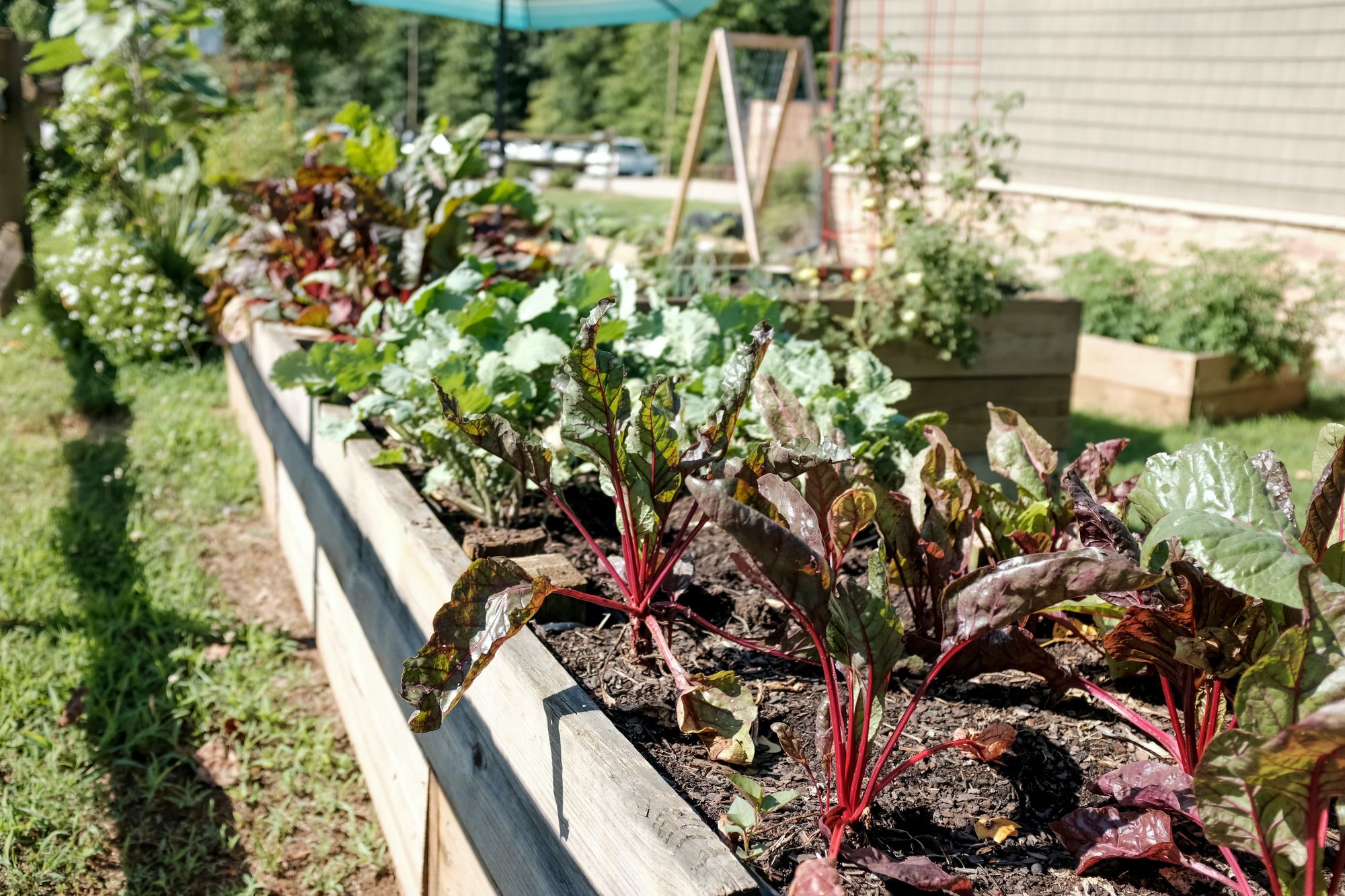Practical Tips for First-Time Moms to Navigate the First Trimester

The first trimester of pregnancy can feel like stepping into an unknown territory, especially for first-time moms. During the first trimester, many first-time moms experience symptoms like nausea, fatigue and headaches.
Apart from the physical symptoms, the first trimester can be mentally overwhelming for first-time moms, making it necessary for them to prioritize their general wellbeing. Below are some tips to help you navigate the first trimester:
Your Physical Health
While it is important to get prescription and medication from your healthcare provider, you can take some homemade remedies in your first trimester to help ease the discomfort. For example, ginger supplements or ginger tea can be helpful for nausea and are considered safe.
Over-the-counter options like Vitamin B6 may also alleviate nausea, however, it is advised to prioritize non-medication remedies like hydration, sufficient sleep and rest during the first trimester to help deal with the symptoms.
Prenatal Visits
Prenatal visits offer a chance to monitor your health and the baby’s development, providing reassurance and addressing any concerns. These appointments also allow you to ask questions about symptoms, nutrition and what to expect.
Your vitals and your baby’s will be checked during these visits ensuring that you are both physically well, helping you feel more confident in the first trimester.
Your Mental Health
The first trimester is quite confusing for first-time moms, and while it may change your body physically, it also does mentally.
Expectant mothers should prioritize their mental health during this period. Talking to friends, loved ones or a professional about your experience goes a long way in keeping your mental health in check.
Educate Yourself
It is normal to be alert to changes in your body when pregnant. To keep yourself from worrying, be informed on the different changes in your body and what they mean.
Consider reading topics that cover pregnancy basics and childbirth. Knowledge can help dispel common fears and guide you on how to cope during the first trimester.
Prioritize Self-Care
During the first trimester, your body is already working hard to support your growing baby, so it’s crucial to prioritize self-care.
Stay hydrated and aim for a balanced diet rich in fruits, vegetables, whole grains and lean proteins.
Stay Organized
Pregnancy comes with a host of appointments and to-dos, therefore it is helpful to have a planner or a digital app to track important dates, symptoms and prepare for the baby. Using planners reduces stress, allowing more focus on self-care and emotional well-being during this exciting yet challenging phase of pregnancy.
Keeping your resting area clean can also minimize distractions and facilitate better sleep, making it easier to rest and recharge.
Rest When You Can
Fatigue is a common companion in the first trimester; listen to your body and allow yourself to rest.
Short naps or quiet moments throughout the day can help recharge your energy.
Expectant mothers should ask for help with daily tasks; this is the perfect time to lean on your partner or social support system.







